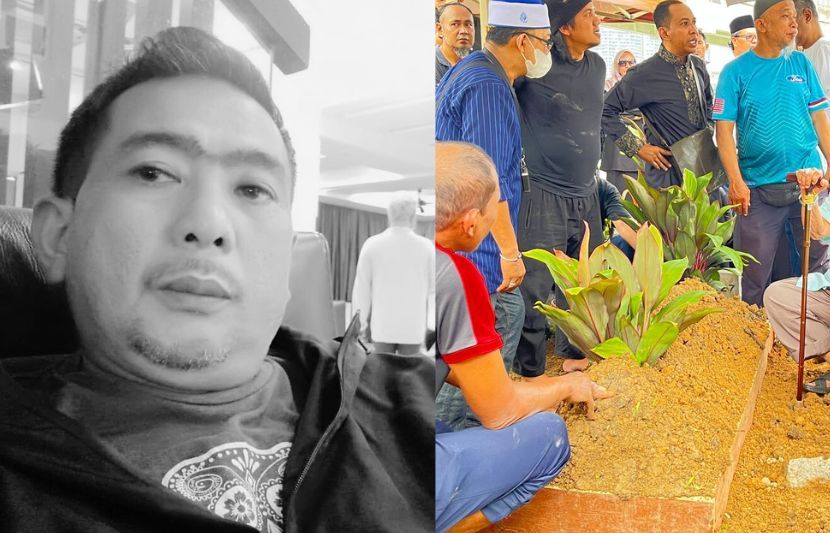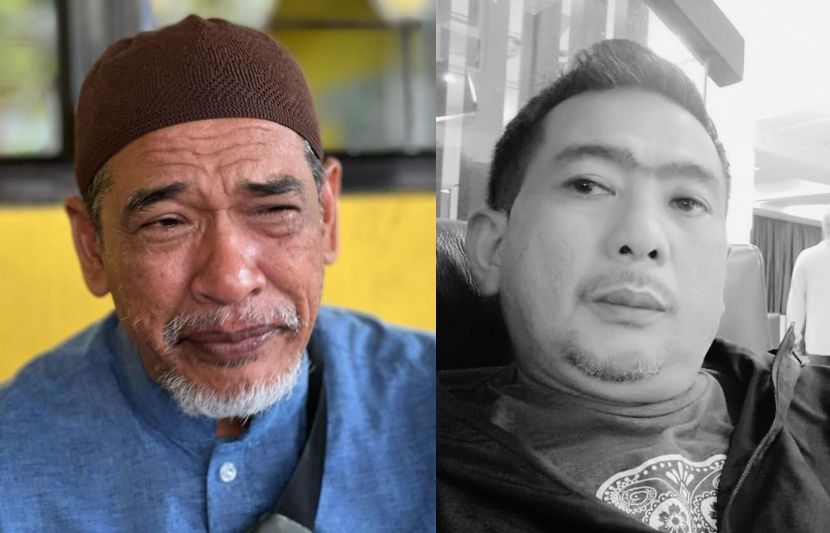IT was beginning to look like an over-extended Bollywood movie after more than 48 hours of the terror siege at the Taj Mahal Hotel in Mumbai. Sixty-two hours later, the operation to flush out terrorists from the hotel is over.
As the Indian commandos complete their mop-up exercise in separate locations, intelligence agencies around the world are putting their resources together to identify the terrorists.
One popular theory that has emerged is that the Mumbai killers, including the now famous baby-faced gunman, could be British subjects.
Predictably, British Prime Minister Gordon Brown has shot down the speculation, saying there is no clear evidence so far.
British Foreign Secretary David Milliband and Home Secretary Jacqui Smith have also made similar statements, saying British authorities had no knowledge of such claims.
Indian newspapers have claimed that there were at least two British-born Pakistanis involved in the Mumbai massacre and that at least seven could have British connections.
They were said to be from Leeds and Bradford, where Britain’s July 7, 2005, bombers lived, according to India’s The Mail.
In the 2005 tragedy involving four British extremists, over 50 people were killed in a series of coordinated bomb blasts that hit London’s transport system during morning rush hour.
The Mail quoted Mumbai’s Chief Minister Vilasrao Deshmukh as saying that the two Britons were among the arrested gunmen held by Indian commandos after they stormed the Jewish Centre and the two hotels to free hostages on Friday.
If the claims by the Indian media are true, it should not come as a surprise to the world.
There are common key features among British-born Pakistanis who evolved into Muslim terrorists despite receiving secular British education and having grown up in urban areas.
While some have British tertiary education, some of these hotheads also have social problems such as drinking and drug abuse, and are often pressured by their parents to be sent to Pakistan for greater exposure to Eastern values and religious education.
Unfortunately, these well-intentioned plans sometimes do not work out. Left alone in some radical religious school in southern Pakistan, these young minds become extreme in their religious outlook, regard Westerners as enemies, and blame them for their failures.
An idle mind is the devil’s workshop, as they say.
That was what happened to Shehzad Tanweer, a July 7 bomber, who dropped out of Leeds Metropolitan University to travel to Pakistan to study religion. Fed up with his drinking habit at street corners, his family was only too glad then to pack him off after hearing of his sudden inclination to religion.
But after a period of indoctrination at such schools, constant listening to Osama bin Laden’s videos and tapes, he returned as a fanatic.
For the past years, security agencies have detected British nationals travelling via Africa to Pakistan. They must have thought that by making a detour instead of flying direct to Pakistan, they would avoid detection.
But their preferred travelling pattern has revealed that during such African stops, contacts were made with terrorism operatives, facilitators and financiers, according to Terrorism Monitor, a journal that analyses terrorism patterns.
Our Malaysian intelligence has proven its ability in keeping tabs on such extreme figures, but in past cases, meetings have been held in Kuala Lumpur, too, and we must never let our guard down.
Malaysian terrorists linked to al-Qaeda have been arrested but Nordin Mohd Top, one of the most dangerous terrorists in the world, is still on the run.
The real work of fighting terrorism in Mumbai begins after the clean-up operation ends – to find out how the terrorists put up their plan and who their backers are.
Osama bin Laden may be hiding in one of Afghanistan’s deepest caves but in the streets of London, New York, Jakarta and Arab countries, there are young minds who are ready to carry out his work.
The war against religious zealots who kill in the name of God must never end.































